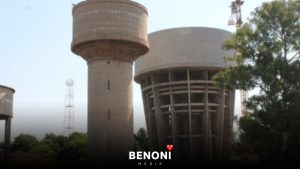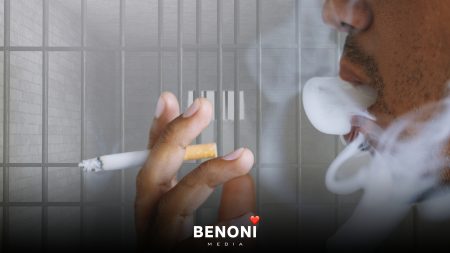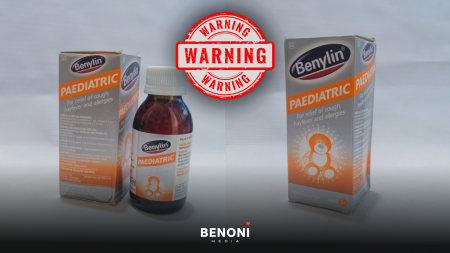Official reports expose a significant crisis involving waste, pollution, and inadequate treatment of water resources in South Africa. While tap water in major cities remains somewhat safe, municipal water supplies across the country face severe challenges, as revealed by three recent audit reports.
Widespread Contamination and Microbial Threats:
The latest Blue Drop report, released on December 5, highlights a disturbing fact – almost half (46%) of the drinking water systems were deemed microbiologically unsafe at times during 2022. This alarming revelation raises concerns about life-threatening water-borne diseases such as cholera and chronic diarrhea.

Non-Revenue Water and Financial Strain:
Nationwide, an alarming 47% of municipal tap water falls under non-revenue water (NRW), attributed to leaking pipes, faulty water meters, illegal connections, and poor billing. In specific cities, this waste reaches a staggering 58%, with eThekwini facing a severe financial crunch due to non-payment.
Regional Disparities in Water Management:
Provincially, KwaZulu-Natal leads with a 60.5% NRW rate, followed by the Free State (59.5%) and Limpopo (nearly 58%). In contrast, the Western Cape boasts the lowest rate at approximately 27%
Critical Risks from Sewage and Wastewater Treatment:
A concerning 64% of the country’s sewage and wastewater treatment works are at “high or critical risk” of discharging inadequately treated water into rivers and the environment. This poses a substantial threat to both public health and the ecosystem.

Government Acknowledges Crisis and the Need for Reform:
Water and Sanitation Minister Senzo Mchunu, acknowledging the severity of the situation, emphasises the necessity for “fundamental reform” in municipal water and sanitation services. These audit reports serve as a wake-up call to address the escalating challenges.
Financial Implications and the Importance of Water Conservation:
Dr. Sean Phillips, the director-general of the Department of Water and Sanitation, underscores the financial strain caused by non-revenue water. He emphasises the need to conserve treated water, considering South Africa’s status as a water-scarce country.
Inadequate Information Sharing and Recommendations for Improvement:
The No Drop report reveals that 45% of municipalities fail to provide basic information such as monthly consumption figures. To address this, recommendations include strengthening regulations to control leaks and fixing infrastructure issues.
Deteriorating Drinking Water Quality:
The 2023 Blue Drop drinking water quality findings indicate a severe regression between 2014 and 2023. Despite generally good water quality in major metropolitan areas, the national department highlights the overall decline, urging municipalities to inform residents of potential health risks.

Regional Disparities in Blue Drop Certification:
The Blue Drop certificates, awarded to water providers scoring above 95%, show a stark contrast across provinces. While the Western Cape secures 15 certificates, Gauteng and KwaZulu-Natal receive only three each. Johannesburg and Ekurhuleni perform well, while Tshwane experiences a drop in its Blue Drop score.
The water crisis in South Africa demands urgent attention and comprehensive reform to ensure the sustainable management and conservation of this vital resource.

References:
- Water and Sanitation Minister Senzo Mchunu’s statements and reports.
- Blue Drop, No Drop, and Green Drop progress reports released on December 5, 2023.
- Official data from the Department of Water and Sanitation.








